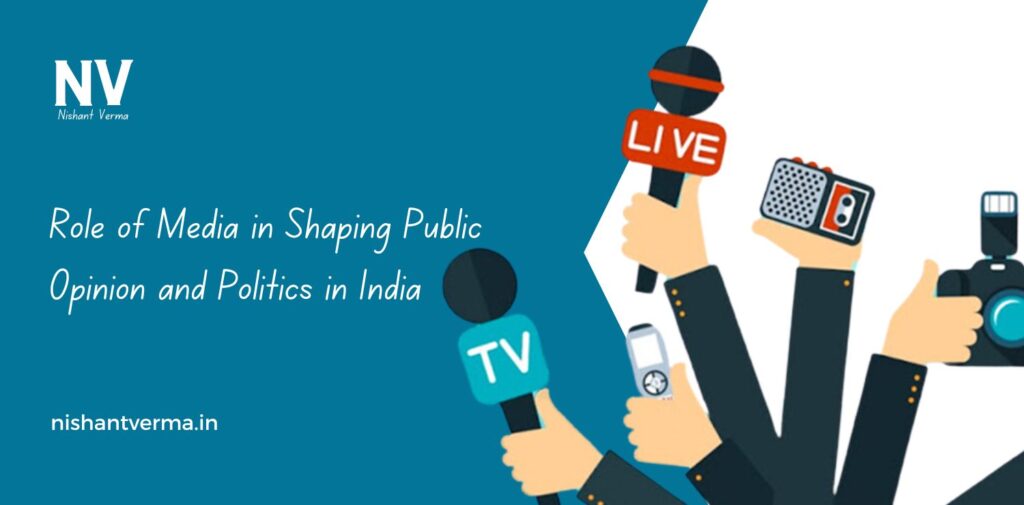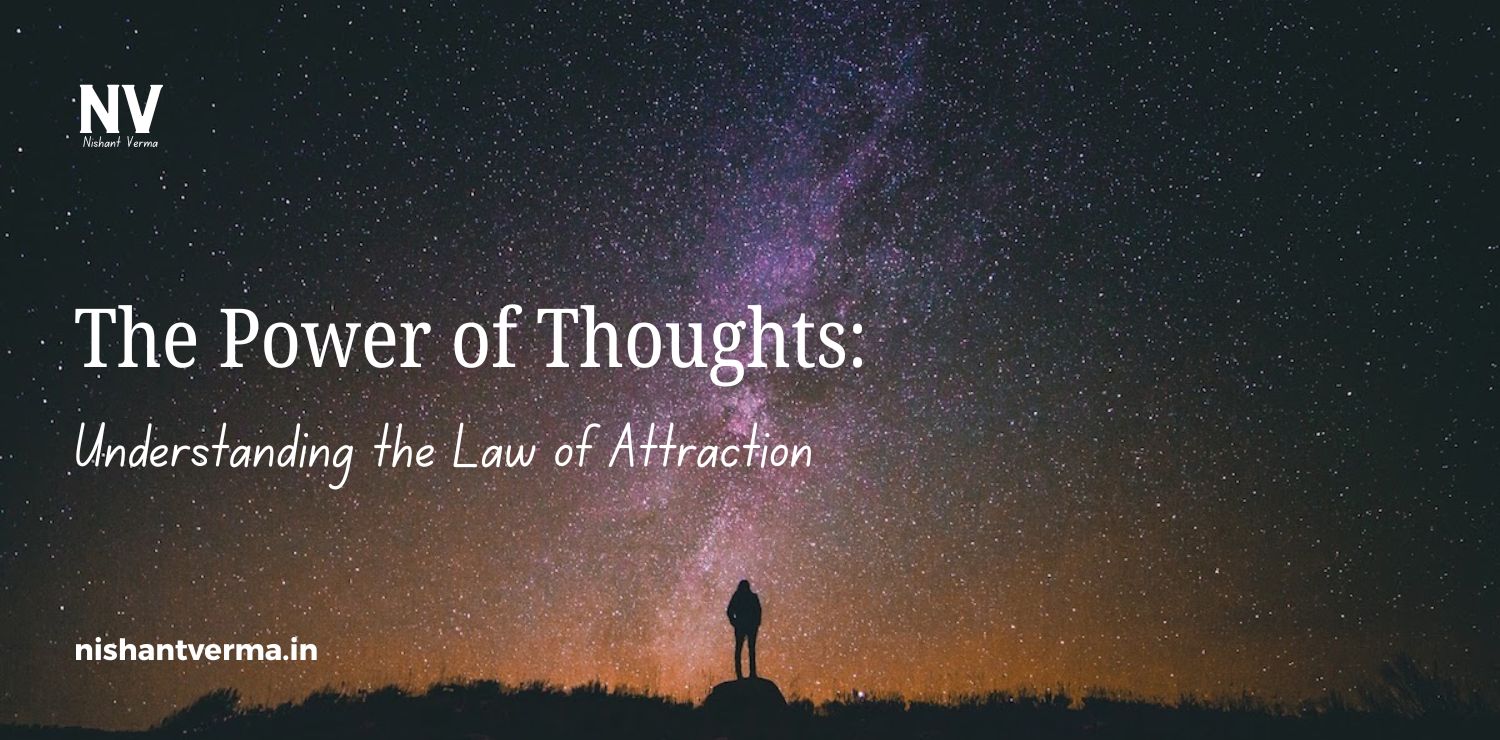In the world today, media plays a very important role in shaping how we think, what we know, and even how we vote. This is especially true in India, where media has always been a powerful force in shaping public opinion and politics. The media can be in many forms, such as newspapers, television, social media, and the Internet. It helps people get information, understand what is happening in the country, and even make decisions. But how does this all work? Let’s explore the important Role of Media in shaping public opinion and politics in India.
The Birth of Indian Media: A Long History
India’s media history goes back a long way, even before the country gained independence. During the British rule, newspapers were used to fight for freedom. Some famous newspapers like The Hindu and The Times of India began their journey during this time. They played a key role in spreading ideas about freedom and independence.
In the early years, these newspapers and other forms of media helped Indian leaders like Mahatma Gandhi and Jawaharlal Nehru to spread their messages and connect with the people. The media acted as a bridge between the leaders and the common people, making sure that everyone knew what was happening in the fight for independence. After India became independent in 1947, the media continued to play an important role in shaping the country’s political and social views.
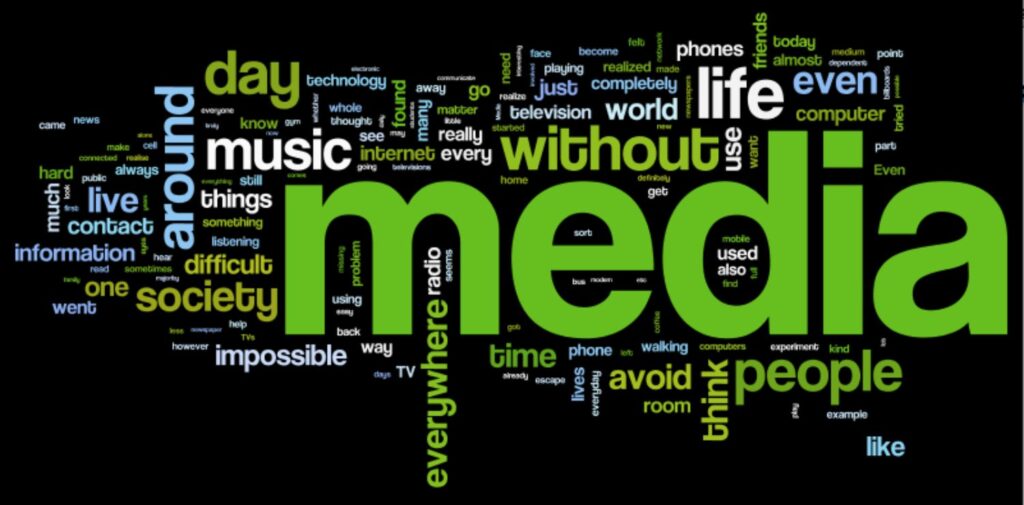
How Media Affects Public Opinion
Public opinion is what most people think or believe about an issue. It can be about anything – from politics to social problems to daily life. Media plays a very important role in forming public opinion in India. Here’s how:
- Providing Information: Media is a major source of information. Through news channels, newspapers, and websites, people get to know what is happening around them. If there is a new law, a political decision, or even a natural disaster, the media quickly informs the public. This helps people form opinions about these issues. For example, if there is news about a new government scheme, people will learn about it through the media and may form an opinion about whether they think it’s good or bad.
- Shaping Views Through Reports: The way the media presents news is also very important. If a news channel or newspaper reports an event in a certain way, it can affect how people feel about it. If a reporter talks about a political leader in a positive light, the public might think highly of that leader. On the other hand, if the media focuses on negative stories, people may not trust that leader. This is why the media has the power to shape how the public views certain issues or people.
- Influencing Elections: In India, media plays a huge role during elections. Politicians use media to reach voters and tell them about their plans and promises. Television debates, social media campaigns, and radio ads are all used by political parties to communicate with the people. Voters get information about different political parties through the media and decide who they want to vote for. A strong media presence can change the outcome of an election, which shows just how powerful it is in shaping political views.
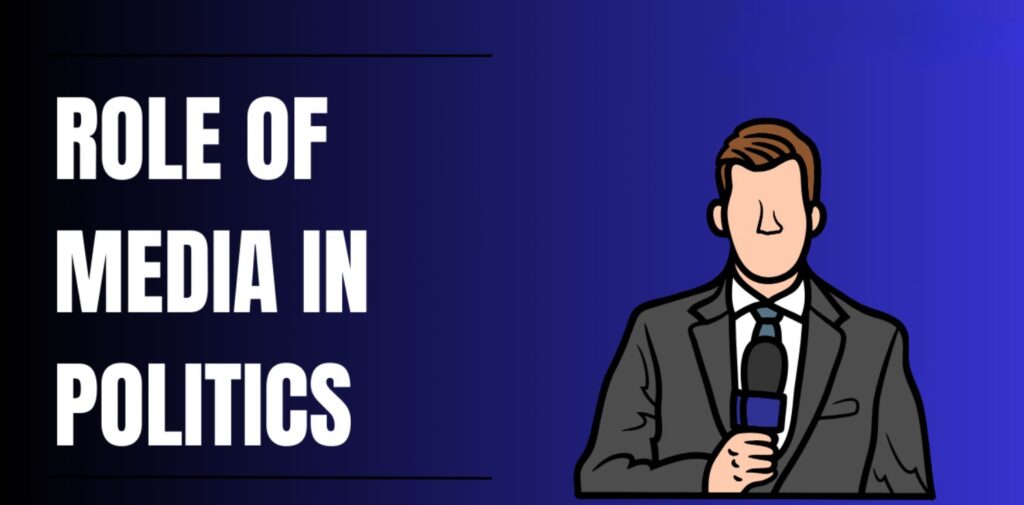
Role of Media and Politics in India: A Close Relationship
The relationship between media and politics in India is very close. Political parties and leaders often use the media to communicate their ideas and decisions. Media, in return, plays a crucial role in holding politicians accountable. Here are some ways media and politics are connected:
- Promoting Political Leaders: Politicians in India often rely on the media to promote themselves. When an election is coming up, political parties organize rallies, interviews, and advertisements. The media covers these events and broadcasts them to the public. This helps the political leader get attention and convince the people to support them. For example, when Prime Minister Narendra Modi campaigns, his speeches and events are often covered by television channels and newspapers, helping people understand his message.
- Media as a Watchdog: Media is also known as the “watchdog” of democracy. This means that the media helps keep an eye on politicians and government officials to make sure they are doing their job properly. If a politician is involved in corruption or a crime, the media reports it to the public. This puts pressure on the politicians to behave properly, as they know that the media will expose any wrongdoings. This role of the media helps ensure that leaders are accountable to the people.
- Debates and Discussions: Media gives people a platform to discuss politics. In India, television debates and talk shows are popular ways for people to talk about political issues. News channels often invite politicians, experts, and journalists to discuss important topics like the economy, education, healthcare, and more. These debates help the public understand different views and make up their minds about political issues.
- Social Media’s Growing Influence: In recent years, social media has become an important part of Indian politics. Platforms like Twitter, Facebook, Instagram, and WhatsApp are used by politicians to communicate directly with the people. It is much faster than traditional media like newspapers or television. People can instantly get updates, share their opinions, and even organize protests or movements. Politicians use social media to share their plans, attack opponents, and connect with voters. However, social media can also spread fake news and rumours, which can confuse people and affect politics in both good and bad ways.
Power and Responsibility of Media
While the media has a lot of power, it also has a huge responsibility. The media should always strive to be truthful and fair in its reporting. The media should not spread false information or encourage violence. In India, sometimes the media can be biased towards one political party, which can influence how people think. Media houses need to maintain honesty and provide balanced news so that people can make informed decisions.
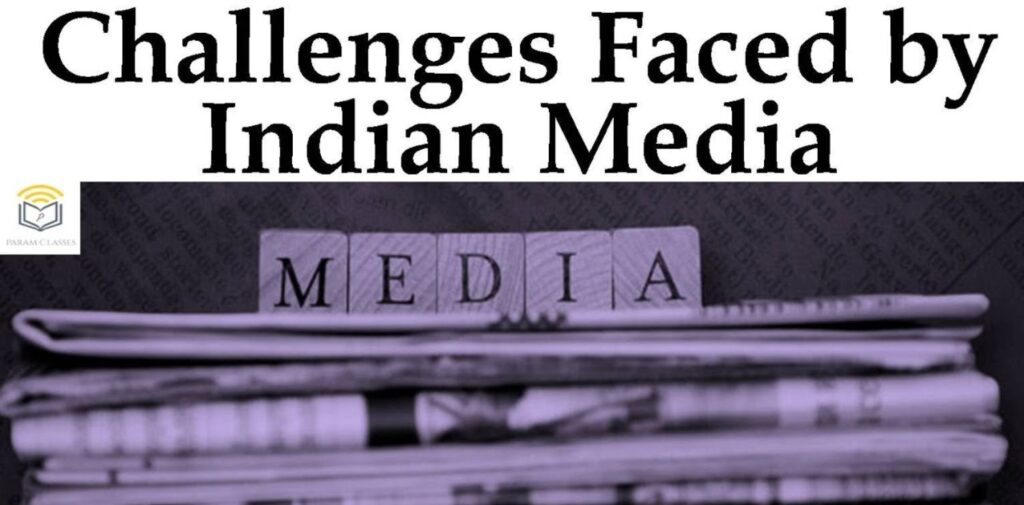
Challenges Faced by the Media in India
Even though the media plays an important role in shaping public opinion, it faces many challenges in India:
- Censorship and Government Control: Sometimes, the government tries to control what the media says. In some cases, the government may ask news channels or newspapers not to publish certain stories. This can limit the freedom of the media. The media need to have the freedom to report the truth, even if it’s not always positive for those in power.
- Fake News: In today’s world, with the rise of social media, fake news has become a big problem. False information can spread quickly, and people can believe it without checking if it’s true. This can confuse and even harm the political process. The media has a responsibility to fact-check and stop the spread of fake news.
- Sensationalism: Sometimes, the media focuses too much on sensational stories that grab attention, rather than important issues. This can mislead the public and make them focus on trivial matters instead of real political or social problems.
Conclusion: The Media’s Lasting Impact
In India, the media has a huge impact on public opinion and politics. From spreading information about important issues to influencing elections, the media is a key player in the democratic process. It holds politicians accountable, shapes how the public views the government, and helps people understand different sides of a story. However, with great power comes great responsibility. The media must continue to be honest, fair, and careful in its reporting to make sure it serves the people of India well. The media’s role in shaping public opinion and politics is not just important for today but will continue to influence India’s future for many years to come.

